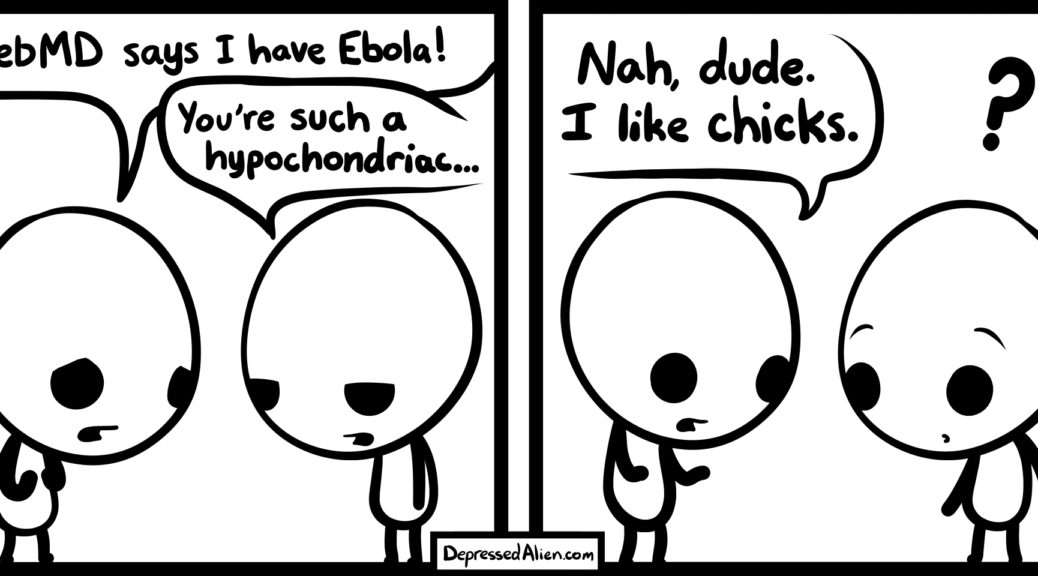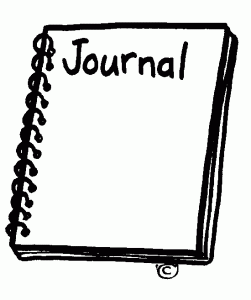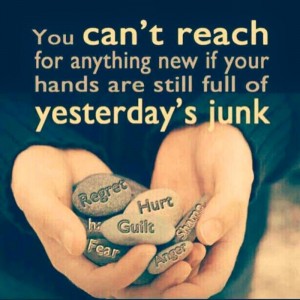
The idea for the Muse came from Ariel Garten, personal vibration 120, a Canadian entrepreneur… curiously deserving a Wikipedia entry, while Dr. Joel Wallach hasn’t. Ugh.
Read the rest of the article
Category Archives: Low vibration – high vibration
Vocabulary and it’s connection to conscious awareness
We throw about big words, and we pretend that we know them. Even ‘scientists’ only pretend. If they didn’t, they would be explaining, clarifying the words, but they don’t.
In the Starting Point Measurements the vocabulary number is what indicates this. I originally intended to call this clarity, but then I decided that if it refers to words, then maybe it can be instructive.
It hasn’t been.
So this article will be, mostly, about words.
Read the rest of the article
Under Siege By The Dark Side… Evasive Maneuvres
Yesterday and today was the story of identifying and eliminating Dark Side “suckers.”
By suckers I actually mean energy attachments that are designed to kill, paralyze, or control.
Acceptance… the mindset of healing
I just posted a new article on my healing blog.
It is worth reading, although a little terrifying… It connects well with my articles of acceptance, allowing, resistance…
Here is the link »
Read the rest of the article
A symbol of restriction is a chimney. And Forrest Gump
The best symbol of restriction is the chimney. And Forrest Gump
They are, I say, the symbol for growth… Only one way… up.
There are nations like a lake, a stream, a river, a puddle, and nations like a chimney. Most nations devolve into a puddle-like environment for the individual. No growth inspired, no growth encouraged, no growth praised.
So if life, what is ‘normal’, the expectations don’t restrict your activities, behaviors, then how can you reach excellence?
Read the rest of the article
How to get your brain to read?
How to Get Your Mind to Read
Americans are not good readers. Many blame the ubiquity of digital media. We’re too busy on Snapchat to read, or perhaps internet skimming has made us incapable of reading serious prose. But Americans’ trouble with reading predates digital technologies. The problem is not bad reading habits engendered by smartphones, but bad education habits engendered by a misunderstanding of how the mind reads.
Just how bad is our reading problem? The last National Assessment of Adult Literacy from 2003 is a bit dated, but it offers a picture of Americans’ ability to read in everyday situations: using an almanac to find a particular fact, for example, or explaining the meaning of a metaphor used in a story. Of those who finished high school but did not continue their education, 13 percent could not perform simple tasks like these. When things got more complex — in comparing two newspaper editorials with different interpretations of scientific evidence or examining a table to evaluate credit card offers — 95 percent failed.
There’s no reason to think things have gotten better. Scores for high school seniors on the National Assessment of Education Progress reading test haven’t improved in 30 years.
Many of these poor readers can sound out words from print, so in that sense, they can read. Yet they are functionally illiterate — they comprehend very little of what they can sound out. So what does comprehension require? Broad vocabulary, obviously. Equally important, but more subtle, is the role played by factual knowledge.
All prose has factual gaps that must be filled by the reader. Consider “I promised not to play with it, but Mom still wouldn’t let me bring my Rubik’s Cube to the library.” The author has omitted three facts vital to comprehension: you must be quiet in a library; Rubik’s Cubes make noise; kids don’t resist tempting toys very well. If you don’t know these facts, you might understand the literal meaning of the sentence, but you’ll miss why Mom forbade the toy in the library.
Knowledge also provides context. For example, the literal meaning of last year’s celebrated fake-news headline, “Pope Francis Shocks World, Endorses Donald Trump for President,” is unambiguous — no gap-filling is needed. But the sentence carries a different implication if you know anything about the public (and private) positions of the men involved, or you’re aware that no pope has ever endorsed a presidential candidate.
You might think, then, that authors should include all the information needed to understand what they write. Just tell us that libraries are quiet. But those details would make prose long and tedious for readers who already know the information. “Write for your audience” means, in part, gambling on what they know.
These examples help us understand why readers might decode well but score poorly on a test; they lack the knowledge the writer assumed in the audience. But if a text concerned a familiar topic, hab
Read the rest of the article
What you say and what you do… when it comes to your children becoming educated, productive people
One of the signs of the overwhelming inauthenticity and low level of integrity is the gap between what people say and what people do.
We, my marketing student and I, have been surveying mothers and fathers of children to find out to what degree they care about their children’s future.
Read the rest of the article
The Dark Side… What Can You Do About It?
The Dark Side… What is the Dark Side?
What I originally thought the Dark Side was, has, over time, gone through a lot of changes, from the mundane to the sophisticated.
If you look, we have approximately as much information and clarity about the Dark Side as we have about the dark side of the moon… we can’t see it. We know it’s there… but what’s there?
Read the rest of the article
Acceptance: what it is, what it isn’t
Acceptance… does it mean you like it? Does it mean you condone it? Does it mean you want it? Does it mean you are a doormat?
Accepting things the way they are, people the way they are and the way they aren’t, is the key to happiness.
But, as I am finding out, there is a confusion about what acceptance means.
For it to be clear, we need to first look at resistance.
Should you become a client? Would I even accept you as a client?
For decades one of my sore spots was that people refused to serve me, even though I paid them.
I remember saying to myself: my money is not good enough for you? and wept.
I had no idea how I “accomplished” that… in 20/20 hindsight it is still a little spotty.
What wasn’t clear to me, never even occurred to me, how my attitude effected the service provider. My “To what degree you think of yourself:” starting point measure was, at the time, 70%. From my behavior I would have guessed it was higher.
Mainly I overrode what they said. I argued, I knew better, I acted with contempt…
What I didn’t know then is that being a service provider needs to be a win, or no service.
A customer who is not happy is a drag on an provider, and not worth the little (or even a lot of) money they pay.
I was that kind of customer…









